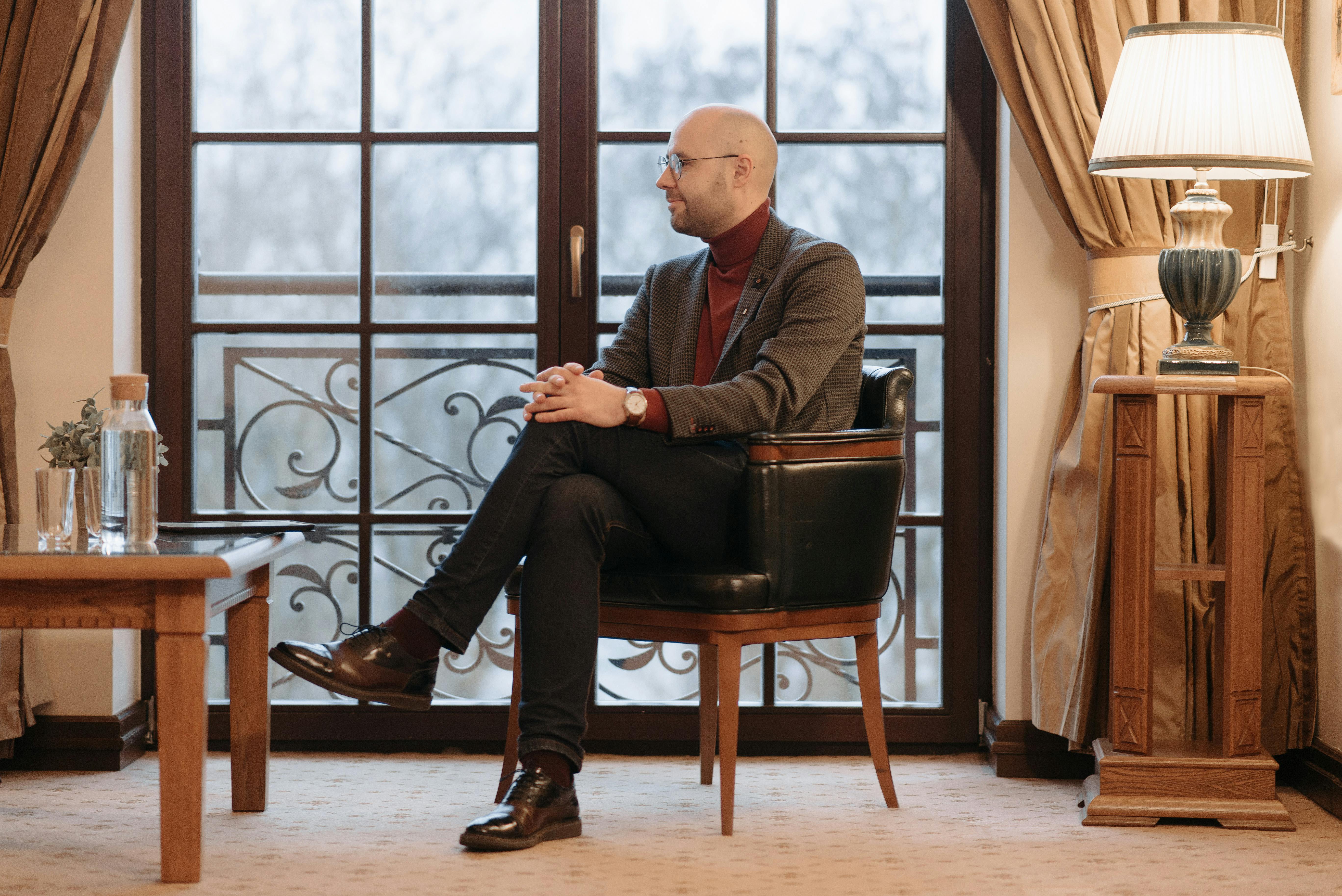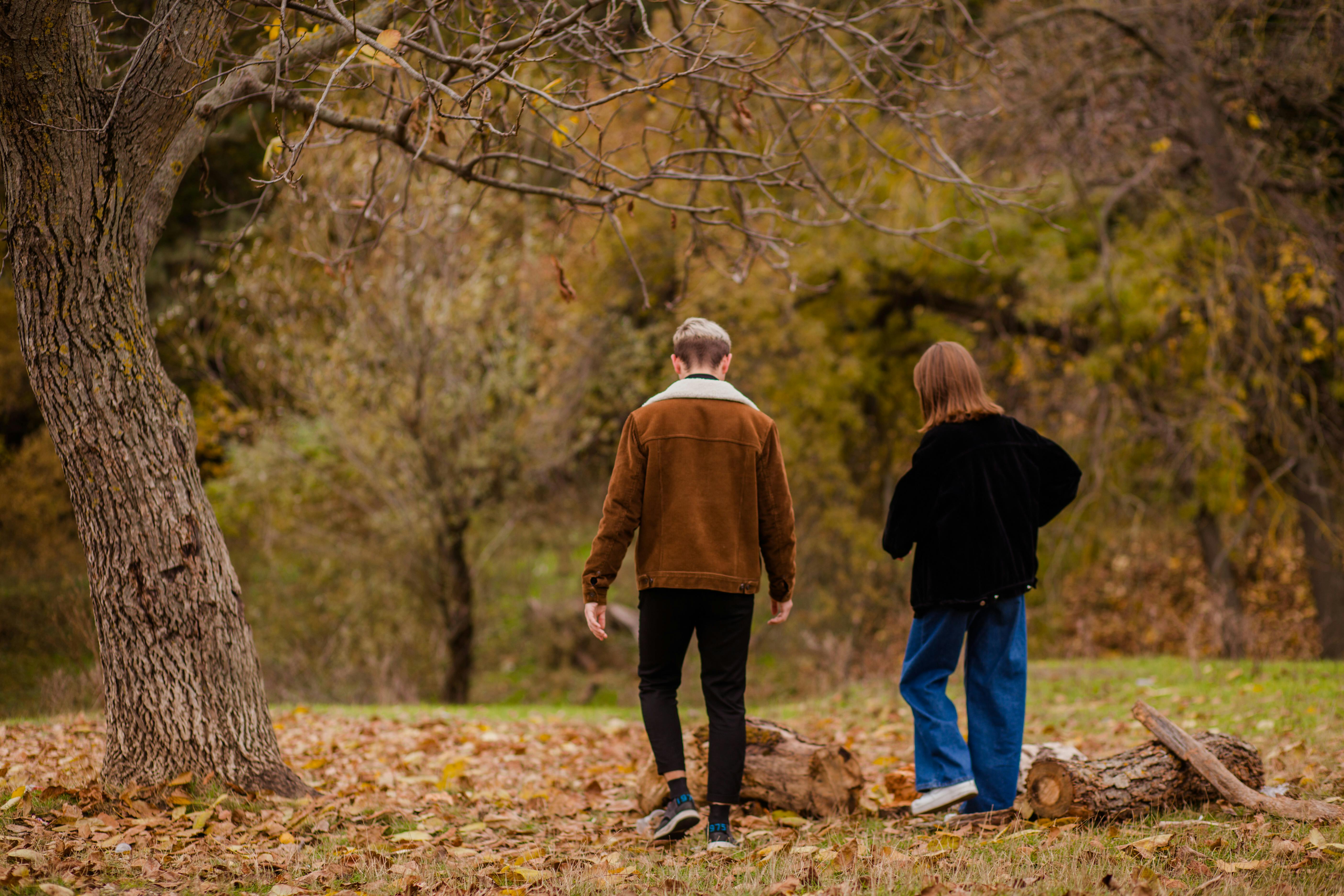There are many things that come with having a penis, and unfortunately the possibility of the penis itching from time to time is one of them. Although having to scratch once in a while isn’t a big deal, it can get annoying, annoying, and downright embarrassing when the itching becomes chronic, as is often the case when the cause of that itch is the dreaded pubic lice. Paying extra attention to the health of the penis can help lower the chance of getting pubic lice. But still, accidents can happen, and a man must be prepared to know how to deal with these unwanted visitors.
So what are pubic lice?
Most adults can remember “lice scares” at their schools, incidents in which a child brought lice to school, which were passed from one student to another. Public lice are related to head lice, but luckily they don’t spread as easily.
More commonly known as crabs (due to their crab-like appearance), pubic lice are small, usually less than one-tenth of an inch. They are parasites that usually live in the snout, although they can occasionally be found in other hairy parts of the body, such as the armpits or the chest. These tiny insects are harmless in the sense that they do not carry disease, but once they enter the skin and begin to feed, they produce a hard-to-resist urge to scratch.
Most of the time, public lice are transmitted through skin-to-skin contact during sexual intercourse; more rarely, they can be caught from the sheets or towels of an infected person. Since lice tend to accumulate on pubic hair rather than on the penile shaft, using a condom is usually not effective in preventing the spread of pubic lice.
shaved off
Since lice tend to make their home in pubic hair, it has often been assumed that shaving the penile area is a good way to rid the body of these pests. The theory is that often the act of shaving will remove the lice, and the absence of a warm, furry place to hide will make it easier to detect and eliminate any lingering invaders.
But that’s not really a correct assumption. While it is true that the razor can get rid of some of these crabs, it only catches a small percentage of them. Many more remain on the skin, and because they are so small, it is difficult to find them with the naked eye.
So does that mean a man shouldn’t shave? Not at all. While shaving your crotch may not cure an itchy penis caused by pubic lice, it makes the area more inhospitable to them and also makes it easier for a doctor to spot them with a magnifying glass. In addition, the absence of a thick mat of hair makes it easier to apply products that can be useful in getting rid of pests.
After shave
Once the area has been shaved, it is more receptive to medications that can kill pubic lice. Although there are over-the-counter medications that work well, it is advisable to consult with a doctor first to determine the most effective course of action to take.
Pubic lice are more of a nuisance than anything else, but an itchy penis can embarrass a man and be bad for his self-esteem. The urge to scratch can be lessened by regular use of a top penile health cream. (Health professionals recommend Man1 Man Oil, which is clinically proven to be gentle and safe on skin.) Penile skin that is well hydrated is less likely to require itching, so using a cream with a combination of excellent moisturizers (such as shea butter and vitamin E) is highly recommended. Also, make sure that the cream is equipped to keep the penile skin in good overall health; a cream with alpha lipoic acid, a powerful antioxidant that fights free radicals and the resulting oxidative stress, can be especially beneficial.




